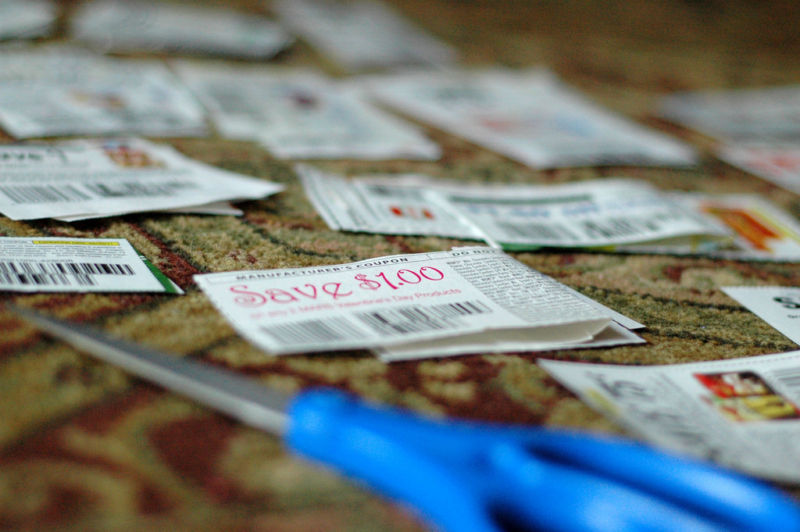
When Mylan’s CEO, Heather Bresch, appeared before lawmakers last September to explain the skyscraping price of life-saving EpiPens, she touted coupons that would cut out-of-pocket costs for customers rather than plans to lower prices. Executives for Turing Pharmaceuticals, Valeant, Marathon, Kaléo, and many others used the same strategy amid price-gouging claims.
But the wallet-friendly deals are deceptive, lawmakers and advocates argue. They recommend a hard pass—and a growing number is working on legislation to help you do it.
After an initial approval last week, a California bill heading to the Senate aims to prohibit drug companies from offering coupons for brand-name drugs if a cheap generic is available, the Los Angeles Times reports. Similar legislation is pending in New Jersey and passed some five years ago in Massachusetts.
“A lot of people won’t like that,” California Assemblyman Jim Wood (D-Healdsburg) acknowledged to the Times. He introduced the anti-coupon bill there this year. “When folks are offered a coupon, they’ll take it, and the drug companies know this,” he said. “What consumers may not realize is that this contributes to increases in insurance premiums.”
Though out-of-pocket costs go down, insurance reimbursements go up, maintaining company revenues and keeping shareholders happy, Wood explains. “This behavior is purely profit-driven,” he added. It’s not the drug company looking out for its customers and vulnerable patients.
A study last year by researchers at UCLA, Harvard, and Northwestern noted that drug manufacturer coupons insulate consumers from drug price hikes, undermining insurers’ ability to push back on egregious pricing. Looking at the impact of coupons on 23 brand-name drugs between 2007 and 2010, the researchers found that the coupons increased the sale of those branded drugs by more than 60 percent by squashing generic competition. That increased spending from $30 million to $120 million per drug in the study. In other words, that’s about $700 million to $2.7 billion overall for just those 23 drugs.
The findings make sense: with a coupon, consumers will continue to go for the brand-name drug they are familiar with from marketing campaigns, such as direct-to-consumer television advertisements, without seeing any direct effects of the price hikes. The US is one of only two countries in the world that allows direct-to-consumer drug advertisements (the other being New Zealand). And most other developed countries regulate drug pricing.
Matt Schmitt, a strategist at the UCLA Anderson School of Management and study coauthor, told the Times that drug companies have worked out that it’s better for them to offer discounts than lower prices. “But insurers get stuck paying full cost for branded drugs, which drives up premiums for everyone.”
Schmitt argues that the new anti-coupon bills will eliminate one reason that insurance premiums keep hiking up. A spokesperson for the powerful pharmaceutical lobbying group, PhRMA, disagreed.
“This legislation is trying to solve a problem without identifying what the problem is,” PhRMA spokesperson Priscilla VanderVeer said. When asked if she thought drugs were priced fairly for patients, she responded: “I don’t understand the question.”
